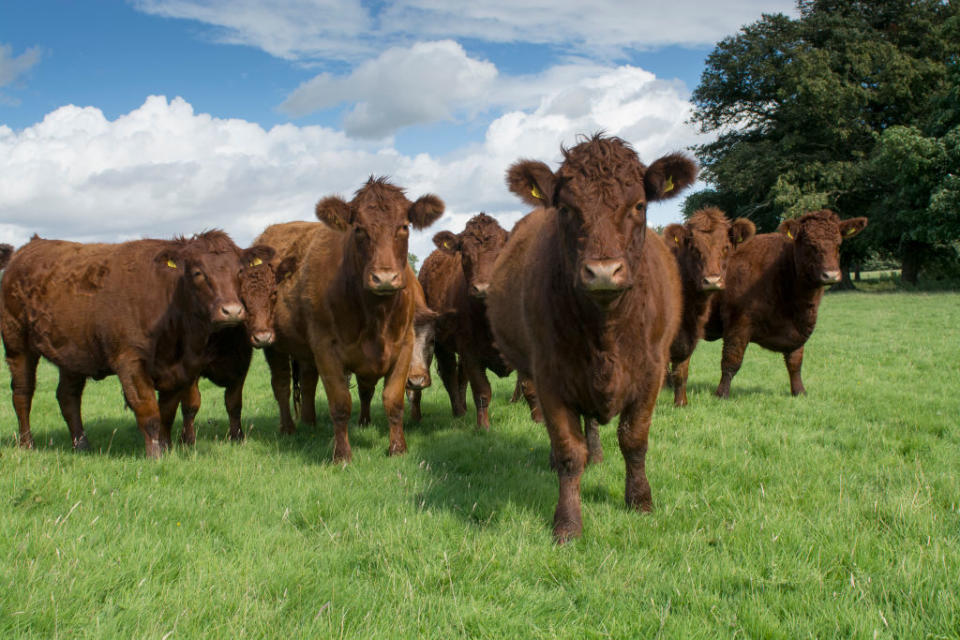'Architect' of sugar tax sets his sights on meat tax next

One of the architects of the new sugar tax has set his sights on introducing a similar levy on meat.
Dr Mike Rayner, a professor of population health at Oxford, says slapping VAT on meat and meat products would be way of addressing health concerns and also emissions.
He told the Sun newspaper: “I would like to see a tax on red meat and meat products. We need incentives to cut down on meat and dairy consumption.
“We need to change the way foods are eaten and one way of doing that is changing the price of goods.”
MORE: ‘Meat tax’ is inevitable to tackle climate and health crises, say experts
Livestock farming, the rearing of beef, pork and lamb, is estimated to contribute 15% to all greenhouse gas emissions.
And health professionals believe people are eating far too much meat in general, and particularly processed meats.
An increased risk of developing various cancers have been linked with eating a lot of red meat, in particular.
MORE: Sugar tax: what you need to know
Rayner was hired by the Department of Health as one of nine experts to assess the potential impact of a sugar tax on public health and the food and drink industry.

He told the Sun: “The Department for Environment doesn’t acknowledge the need to cut down on meat in the diet.
“But climate change will become more obvious to people.”
Meat taxes have already been discussed Germany, Denmark and Sweden.
MORE: Boots joins major UK supermarkets in ban on energy drinks sales to under 16s
In December, the Farm Animal Investment Risk and Return (Fairr) Initiative produced a report that concluded a meat tax was “inevitable”.
“If policymakers are to cover the true cost of human epidemics like obesity, diabetes and cancer, and livestock epidemics like avian flu, while also tackling the twin challenges of climate change and antibiotic resistance, then a shift from subsidisation to taxation of the meat industry looks inevitable,” Jeremy Coller, founder of Fairr, said.
Rayner published a paper in the Lancet in 2016 discussing the impact of the sugar tax, and told the New Statesman recently: “The problem in general with taxing unhealthy foods, is that people tend to switch to cheaper foods, which in fact are even unhealthier. In this case [sugar tax] however, there are no less healthy options to sugary soft drinks.”

 Yahoo Finance
Yahoo Finance 
